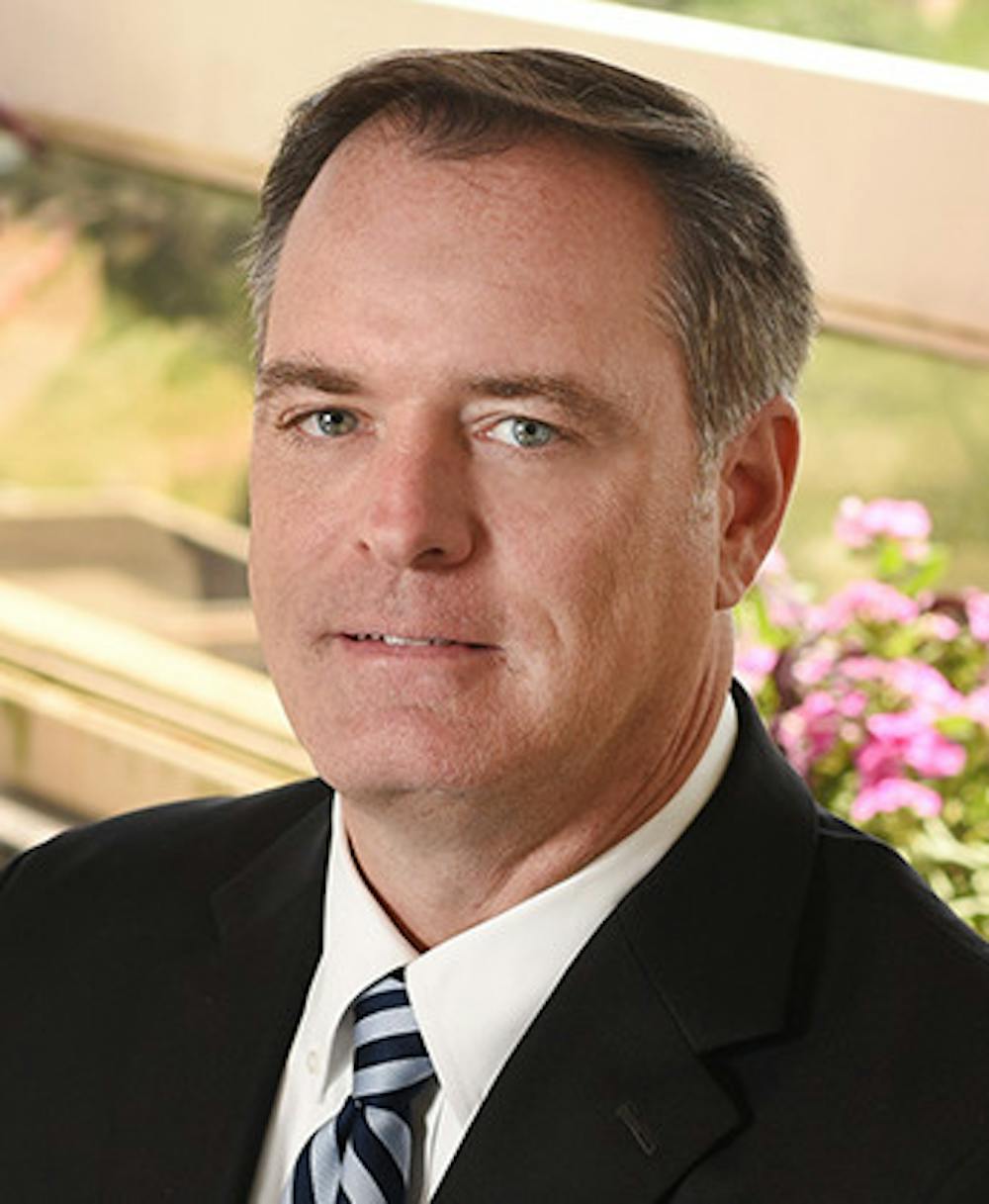Miami University will welcome Rob Bilott for the annual Gene and Carol Willeke Frontiers in Environmental Sciences Distinguished lecture on Wednesday, Sept. 11 at 5:30 pm.
Bilott, a practicing attorney for more than 33 years based in Cincinnati, is renowned for his work on a class-action lawsuit against the chemical company DuPont. His legal battle with DuPont was recognized in a 2016 New York Times article that eventually gave rise to the 2019 film “Dark Waters,” in which Mark Ruffalo plays Bilott.
In an interview with The Miami Student, Bilott detailed what his lecture will focus on:
“There are things that can be done by individuals and communities working together,” Bilott said. “We can change our legal system and regulatory system even in such an unprecedented moment.”
In preparation for Bilott’s lecture Miami’s Institute for the Environment and Sustainability will host a screening and discussion of “Dark Waters” on Monday, Sept. 9 at 6:30 p.m. in Kreger Hall room 221.
In his decades-long lawsuit, Bilott represented more than 60,000 residents of West Virginia and Ohio whose drinking water was contaminated by DuPont dumping chemicals including PFOA — a forever chemical — into their water supply. Chemicals like PFOA, and other PFAS in the chemical family, are used in everyday consumer goods such as rain jackets and food packaging to make them more resistant to grease and water.
However, due to their resistant nature, PFAS chemicals take hundreds to thousands of years to break down, and while the impacts are not fully known, they have been shown to have negative health effects. Just this year, as the Oxford Free Press reported, several of these chemicals tested below regulatory levels in one of the wells that feed Oxford’s drinking water supply.
Due to Bilott’s class-action lawsuit spurring a health study of his affected clients, there was enough evidence to officially link PFOA to many health risks — including certain cancers, birth defects and liver diseases. However, despite being officially linked to these risks over a decade ago, PFAS chemicals, including PFOA, only recently received a final National Primary Drinking Water Regulation from the EPA in April of this year.
Despite the government’s slow regulatory process, Bilott discussed how to remain optimistic about action against these chemicals.
“It can be pretty overwhelming when recognizing that there are tens of thousands of forever chemicals and it took us over 20 years to regulate just one of those [but] one person and one community can make a difference,” Bilott said. “It may take a long time and you might be told it’s impossible to change the current legal system, but action is possible.”
Jim Vinch, an EPA attorney and Miami visiting professor, went to law school with Bilott and encourages all students to attend Bilott’s lecture, especially since PFAS has been found in Oxford’s drinking water supply.
“I think it’s going to be an eye-opening experience for students that are interested in the environment, students that are interested in the law and students that wish to become aware citizens of the United States,” Vinch said.
Enjoy what you're reading?
Signup for our newsletter
The event will be held in the Harry T. Wilks Theatre on Sept. 11 and is open for all to attend.




